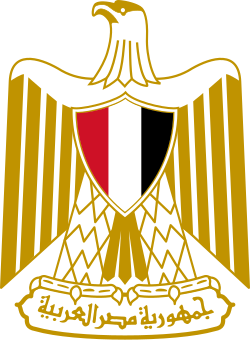Conduct
معظم دول العالم لا يوجد فيها إشراف قضائي على الانتخابات ومع ذلك تكون نزيهة وحيادية
Most of the world has no judicial supervision on elections, however, those elections are fair and impartial. [4]
The election was not under any national court or international supervision. The General Secretary of the Policy Committee in the National Democratic Party Gamal Mubarak said in a press conference that, "This issue is governed by the law and the constitution which made it possible for civil society organizations to monitor the elections". [4] The Secretary of Education in the NDP, Mohamed Kamal, said that the party welcomes the supervision of national organizations, but refuses international monitoring. He also added that the abolition of judicial supervision of elections does not affect the integrity of the elections.
This page is based on this
Wikipedia article Text is available under the
CC BY-SA 4.0 license; additional terms may apply.
Images, videos and audio are available under their respective licenses.

